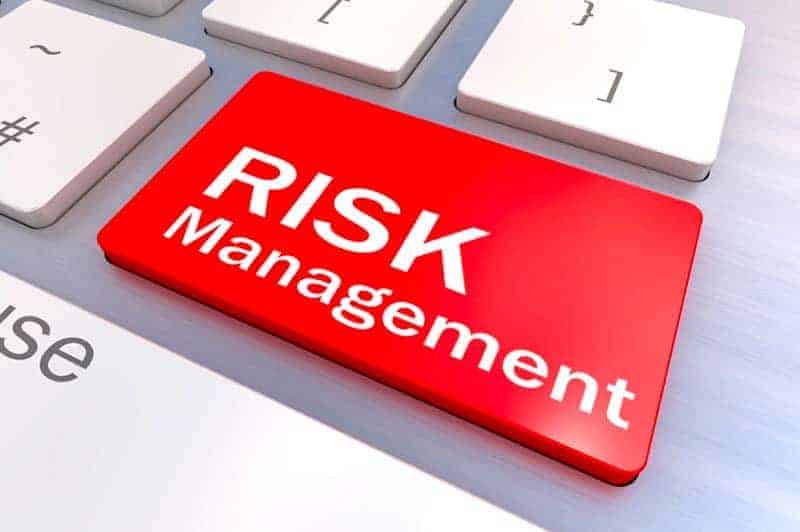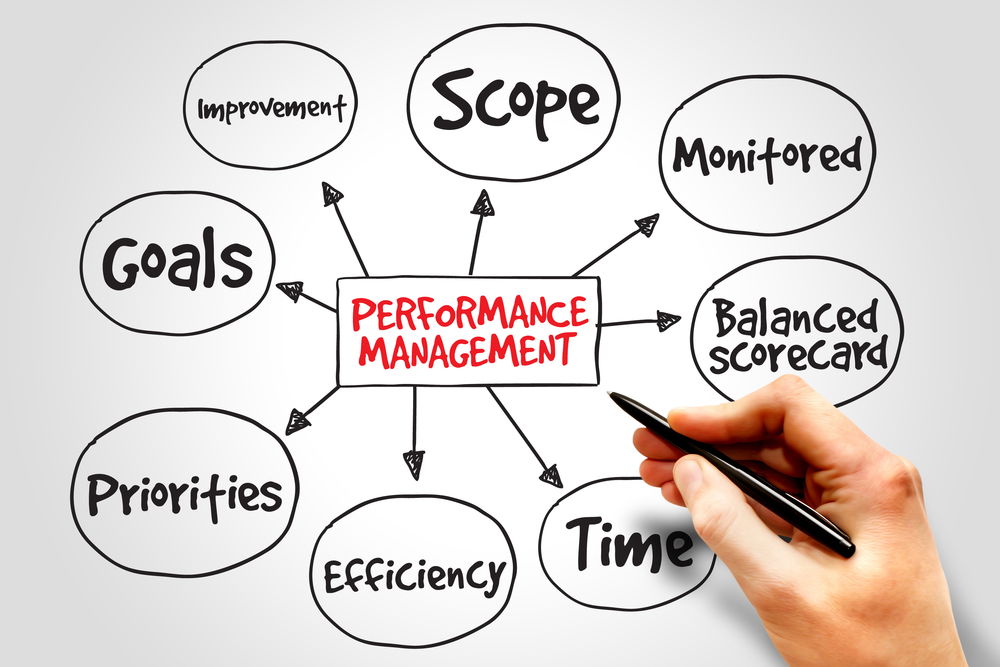The importance of Risk and Performance Management in HR strategiesStartup

In the dynamic business environment, risk and performance management are crucial components of effective human resources (HR) strategies. These elements help organizations navigate uncertainties, enhance productivity, and align employee performance with business goals. In this article, we’ll delve into the importance of risk and performance management in HR strategies.

Risk Management in HR
Risk management in HR involves identifying, assessing, and mitigating risks that could impact the organization's workforce or operations. This encompasses compliance risks, talent management risks, and workplace safety risks, among others (Fit Small Business).
1. Compliance and Legal Risks
HR must navigate a complex landscape of labor laws and regulations. Effective risk management ensures that companies comply with these requirements, avoiding costly legal issues and protecting their reputation. Regular audits, training, and proactive policies are essential components of managing compliance risks (Hubstaff).
2. Talent Management Risks
Talent management risks, such as turnover and skills gaps, can significantly impact an organization’s performance. HR can mitigate these risks through strategic recruitment, succession planning, and employee development programs. Addressing talent risks proactively helps maintain a stable and capable workforce (Fit Small Business).
3. Workplace Safety Risks
Workplace safety is a critical area of risk management. HR must ensure a safe work environment by establishing safety protocols, providing training, and responding to incidents effectively. A strong safety culture not only protects employees but also reduces liabilities and enhances overall productivity (People Managing People).
Performance Management in HR
Performance management focuses on aligning employee performance with organizational goals. It involves setting clear expectations, providing feedback, and supporting employee development (Paychex).
1. Aligning Employee Goals with Business Objectives
Effective performance management ensures that employee goals align with the organization’s strategic objectives. This alignment helps employees understand how their work contributes to the company’s success and fosters a sense of purpose and direction. Clear performance expectations and regular feedback are crucial for this alignment (People Managing People).
2. Supporting Employee Development
Performance management provides an opportunity to support employee development. Through regular performance reviews and feedback, HR can identify areas for improvement and create development plans that align with both individual and organizational goals. Investing in employee development boosts engagement and retention (Hubstaff).
3. Enhancing Accountability and Productivity
Performance management enhances accountability and productivity by establishing clear expectations and monitoring progress. When employees understand what is expected of them and receive feedback on their performance, they are more likely to take ownership of their work and strive for excellence (Paychex).
Conclusion
Risk and performance management are vital to HR strategies, helping organizations navigate uncertainties and enhance productivity. By focusing on compliance, talent management, and workplace safety, HR can manage risks effectively. Similarly, by aligning employee goals with business objectives, supporting development, and enhancing accountability, HR can improve performance and drive organizational success.